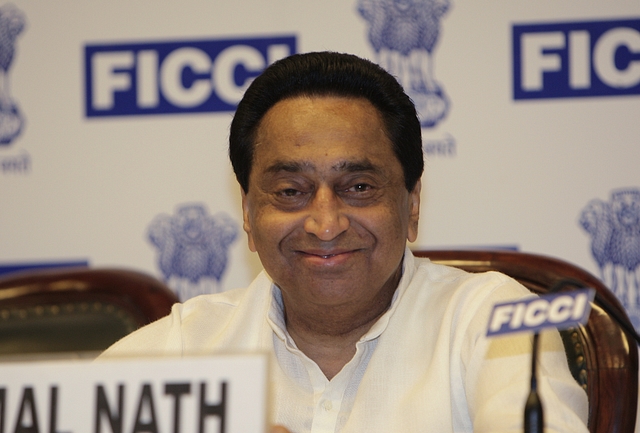
Economics Makes Way For Politics? MP Chief Minister Kamal Nath Announces Farm Loan Waiver Hours After Taking Oath
Kamal Nath, the newly appointed Chief Minister of Madhya Pradesh, has announced a farm loan waiver within hours of assuming office - with loans upto Rs 2 lakh to be waived off, reports News18.
The farm loan waiver was part of the Congress party’s election manifesto in the run-up to the state assembly elections. According to reports, the farm loan waiver is set to cost the state Rs 56,000 crore and is set to exacerbate the debt burden on the state which already stands at Rs 1.6 lakh crore.
Also Read: Farm Loan Waivers: A Slippery Slope Into Chaos
Regarding the inefficiency of farm loan waivers, Raghuram Rajan, a former governor of RBI (Reserve Bank of India), had recently stated, “I have written a letter to the Election Commissioner saying that it (farm loan waiver) should be taken off the table. Certainly there is reason to think about farm distress. However, they (benefits of welfare measures) often go to the best connected. Second, it obviously creates enormous problems for the fiscal (health) of the state once those waivers are done. And I think, unfortunately, it inhibits investment down the line.”
Congress party president Rahul Gandhi, however, celebrated the decision.
In an interview with Times Of India, Nath said that ‘farm loan waiver is a necessity,’ in response to a question on Mr Rajan’s plea to all states to avoid farm loan waivers.
The NDA government at the centre has also raised objections to the practice of granting farm loan waivers. In a written reply to Rajya Sabha, a Union Minister had noted, “Such waivers may impact the credit culture of a State by incentivising the defaulters even if they are in a position to repay the loan and thus create/amplify the moral hazard by discouraging those borrowers who have been regular in repaying their loans.”